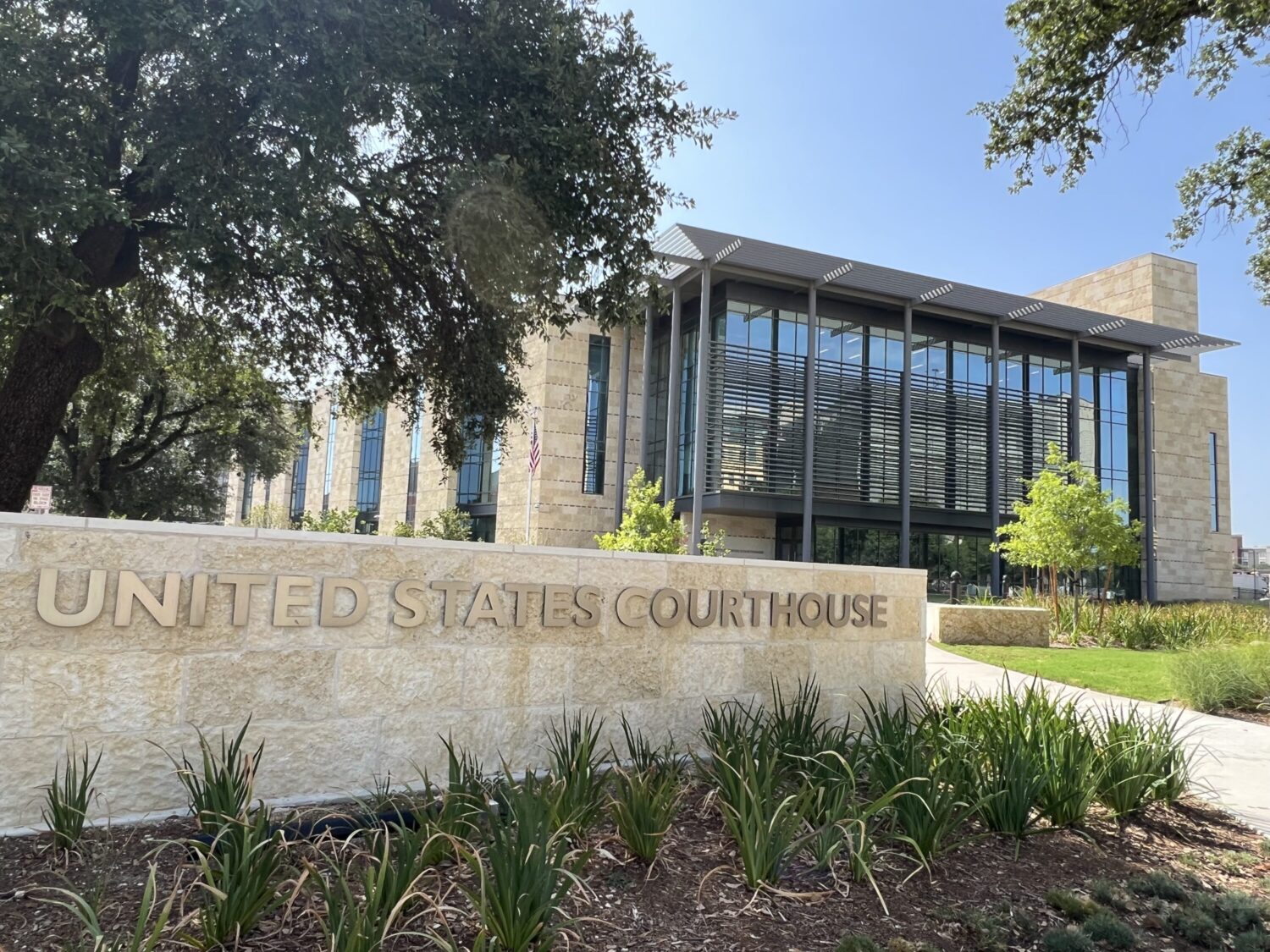San Antonio’s Federal Courthouse: A Landmark Ruling on Texas Voter Security Law
San Antonio’s federal courthouse recently became the backdrop for a significant legal battle that has far-reaching implications for voting rights in Texas. U.S. District Judge Xavier Rodriguez delivered a pivotal ruling on the controversial Texas voter security law, SB1, declaring parts of it unconstitutional. This decision has sparked discussions about voter assistance, freedom of speech, and the broader implications of legislative measures aimed at election integrity.
The Ruling: Key Findings
In a comprehensive 78-page ruling, Judge Rodriguez scrutinized the provisions of SB1, particularly those that criminalize voter assistance efforts. He found that the law’s language was confusing, vague, and overly broad, violating both the freedom of speech and the 14th Amendment. The ruling specifically addressed the provision that threatened individuals who assist mail-in ballot voters in exchange for compensation with severe penalties, including up to ten years in prison and fines reaching $10,000.
Rodriguez highlighted the ambiguity surrounding critical terms like "physical presence" and "compensation," which are not clearly defined within the statute. This lack of clarity raised concerns among witnesses about how the law would impact organizers’ ability to provide essential voting assistance during in-person interactions with voters. The judge’s ruling emphasized that there was no substantial evidence of illegal vote harvesting, undermining the rationale behind the law’s stringent measures.
The Political Context
Republican lawmakers have long defended SB1 as a necessary measure to combat voter fraud. They argue that the law is designed to protect the integrity of elections in Texas. However, the ruling challenges this narrative, suggesting that the law may have been more about suppressing voter participation than safeguarding electoral processes. The decision to strike down parts of SB1 reflects a growing tension between legislative intent and the protection of civil liberties.
Implications for Voter Assistance
One of the most immediate impacts of the ruling is that the Texas Attorney General’s office can no longer conduct investigations based on the now-invalidated provision. This is particularly significant in light of recent actions taken by the AG’s office, which included raids on the homes of Latino voting rights activists and a Democratic candidate for the Texas House. These raids were justified under the provisions of SB1, raising concerns about the potential for intimidation and harassment of those working to assist voters.
The lawsuit that led to this ruling was brought forth by several Texas voting rights organizations, seeking relief from multiple aspects of SB1. While the ruling focused specifically on the state’s attempts to restrict assistance with absentee ballots, it sets a precedent for ongoing legal challenges against other provisions of the law that limit mail-in voting and voter assistance.
Reactions from Advocacy Groups
The ruling has been met with praise from various advocacy groups, particularly the League of United Latin American Citizens (LULAC). In a statement, LULAC expressed gratitude for the decision, framing it as a victory against intimidation tactics aimed at Latino organizers and voters. They criticized the use of false claims to justify oppressive laws and emphasized that the ruling undermines campaigns of intimidation that have plagued the electoral landscape in Texas.
LULAC’s response underscores the broader implications of the ruling, as it not only protects the rights of voters but also empowers those who work tirelessly to ensure that every eligible citizen can participate in the democratic process. The ruling serves as a reminder of the importance of safeguarding voting rights, particularly in communities that have historically faced barriers to participation.
Ongoing Legal Challenges
While the recent ruling marks a significant victory for voting rights advocates, legal challenges against other provisions of SB1 are still underway. Organizations continue to fight against restrictions that they argue disproportionately affect marginalized communities and hinder access to the ballot box. The outcome of these challenges will be closely monitored, as they could further shape the landscape of voting rights in Texas and beyond.
As the legal battles unfold, the San Antonio federal courthouse remains a critical venue for discussions about democracy, civil rights, and the ongoing struggle for equitable access to the electoral process. The implications of Judge Rodriguez’s ruling will resonate throughout the state, influencing both public policy and the actions of those committed to protecting the right to vote.
